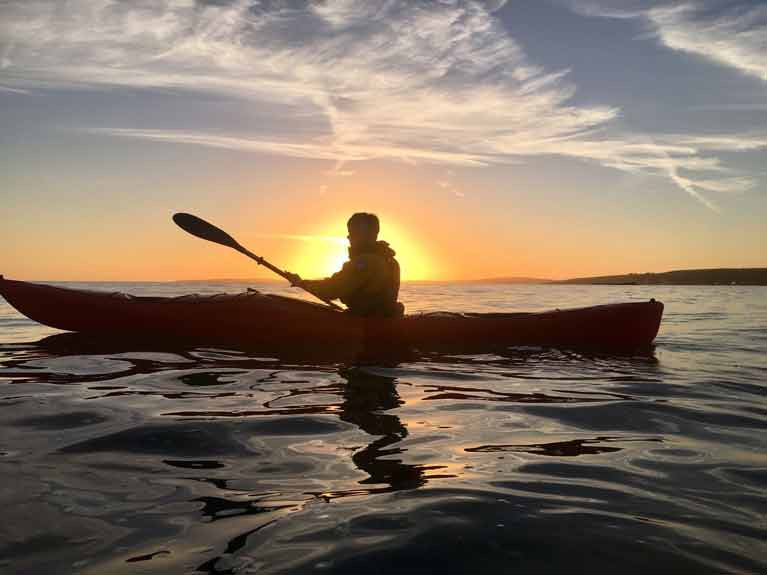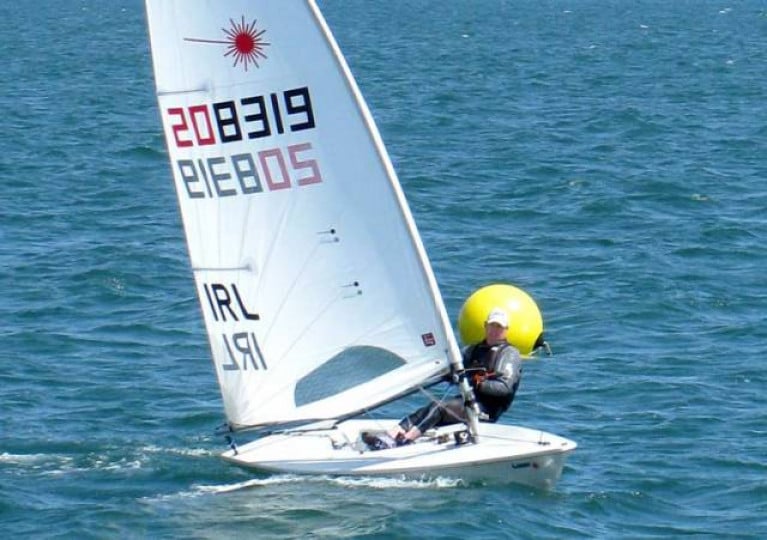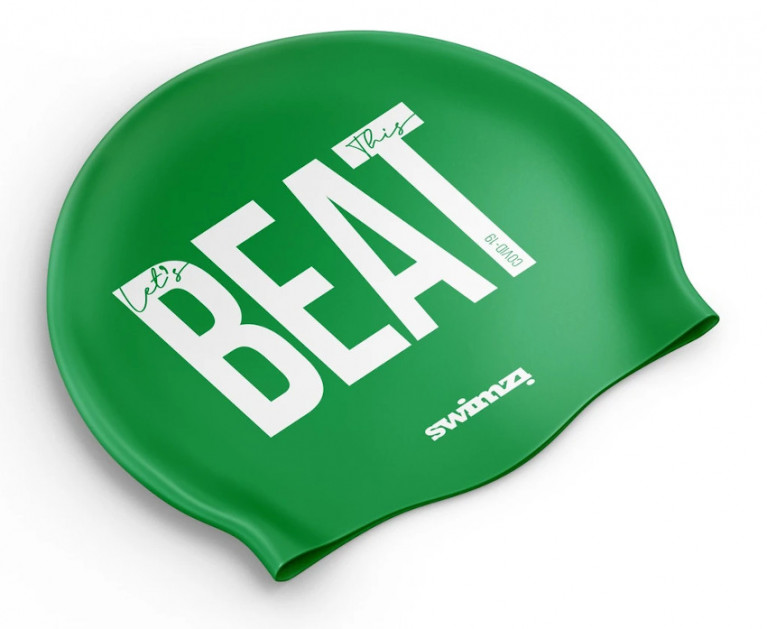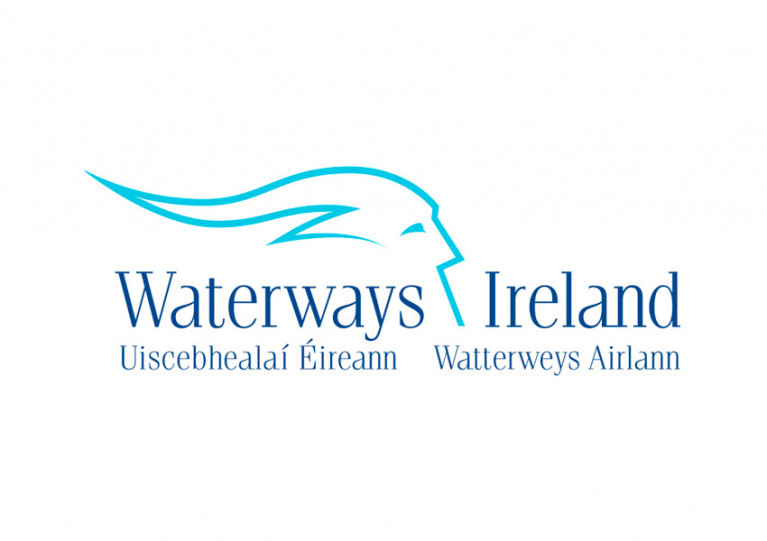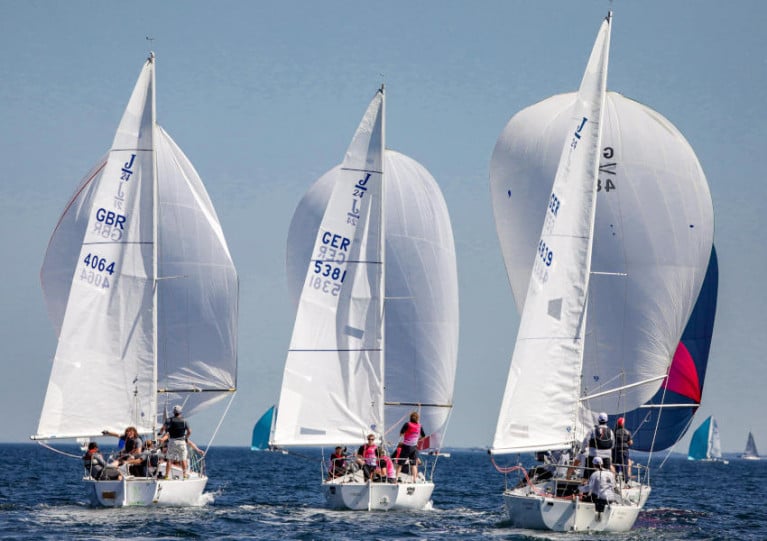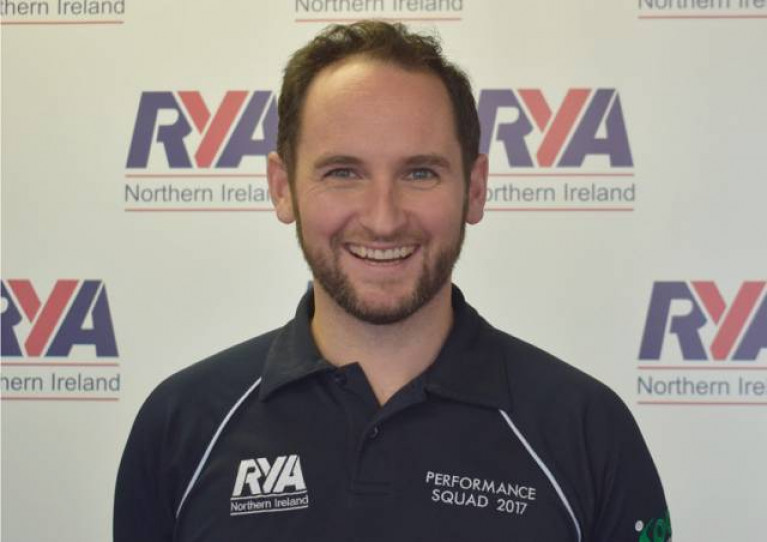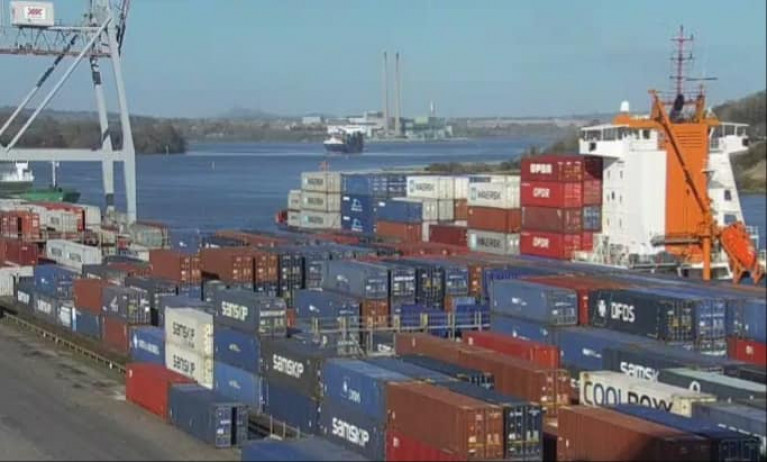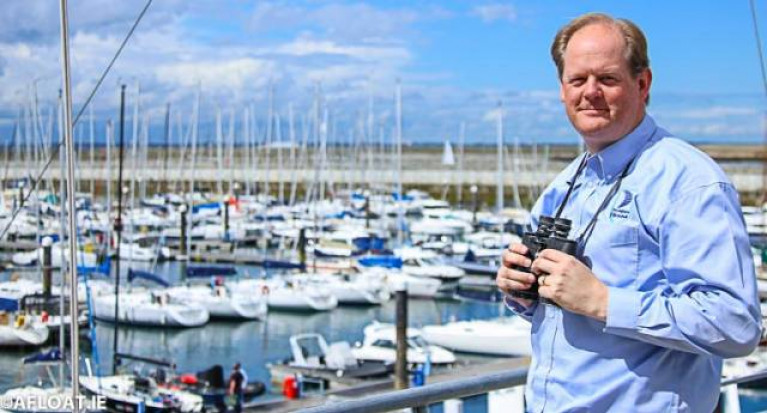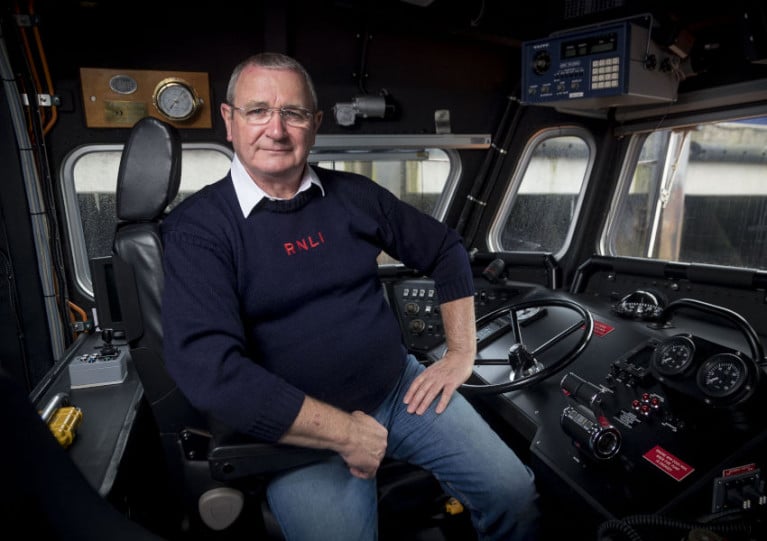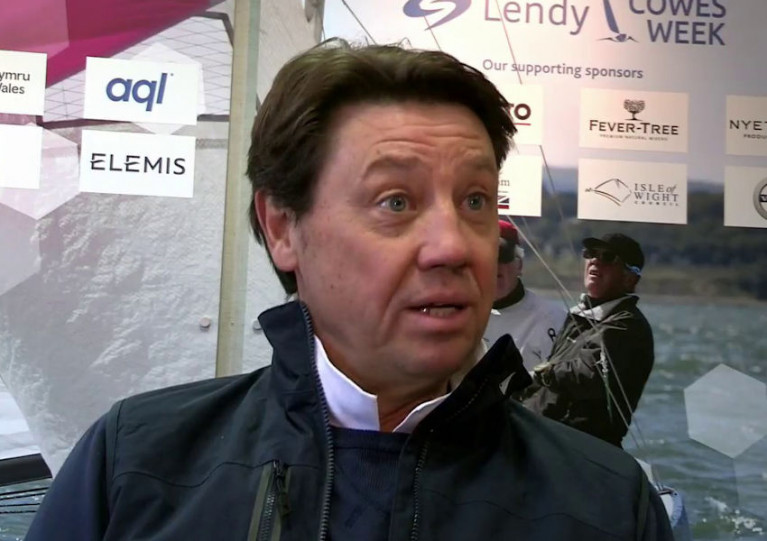Displaying items by tag: COVID19
Canoeing Among ‘Low-Risk’ Sports That Will Be First Priority When Relaxing Covid-19 Restrictions
Outdoor activities that allow for physical distancing will be the first priority when relaxing restrictions on organised sports, the chief executive of Sport Ireland has said.
Speaking at a press briefing with Taoiseach Leo Varadkar on Friday last (24 April), as The Irish Times reports, John Treacy suggested that sports such as golf, which are performed in the open air with significant distance between competitors, would be among the first for review.
Sports Minister Brendan Griffin also confirmed, according to The Times, that Sport Ireland has classified various sports depending on whether they are judged to be low, medium or high risk of spreading Covid-19.
Though there was no mention of single-handed sailing classes, canoeing was expressly cited along those classed as low-risk.
But Minister Griffin stressed that “planning is an an early stage and none of this has been cleared by the National Public Health Emergency Team”.
He added: “We want to be ready to go when we get the nod. It would be important for national morale if some sport could return.”
New Date Set For Irish Laser Masters This Autumn
Dun Laoghaire’s dinghy fleet reports that the Irish Laser Masters will now take place on the weekend of 19-20 September at the Royal St George Yacht Club.
The Laser Masters was one of a number of events that fell to the current restrictions against Covid-19 as the Irish Laser Class Association postponed all events in the class until August at the earliest.
These include the Laser Radial Europeans, which had been scheduled to be hosted by Ballyholme Yacht Club from 4-11 July but are now moving to a different, ‘warmer’ venue if a date can be found in October or November.
Plans are still in the offing for the Laser Nationals at the Royal Cork from 20 August to go ahead as scheduled, pending Government advice.
‘Let’s BEAT This’ With Viking Marine’s Swim Cap Fundraiser For Frontline Health Workers
Viking Marine has teamed up with athletic sportswear brand Swimzi in the global effort to help fight Covid-19 and to support our frontline workers at the HSE.
You can show your support by purchasing a charity ‘Let’s BEAT this’ swim cap. All profits will go locally to St Micheal’s Hospital in Dun Laoghaire and to Beaumont Hospital, where the daughter Viking Marine MD Ian O’Meara is currently part of the medical team on the frontline.
As of lunchtime today, Sunday 26 April, already a tenth of the modest target of 300 caps have been purchased.
And be sure to join in the #SwimziCapChallenge and post video tagging Viking Marine’s Facebook and Instagram pages of your attempts to break the record of putting on 17 swim caps in 30 seconds!
Waterways Ireland Extends Winter Mooring To End Of May
Winter mooring facilities have been further extended until Sunday 31 May to ease the pressure on the inland boating community, Waterways Ireland has announced.
There will be no additional cost for this extension, the cross-border body for Ireland’s inland waterways confirms — as it reminds boaters not to travel to move their vessels under the current Covid-19 restrictions.
Waterways Ireland has also confirmed it will not charge an operating licence fee for the period from April to June 2020, in a move aimed at supporting businesses that operate along the waterways.
As previously reported on Afloat.ie, normal pump-out facilities remain available, and electricity and water services have been reconnected following flooding issues earlier this year, though service blocks remain closed in accordance with Government guidelines.
All other on-water activity on Waterways Ireland’s waterways remains suspended until further notice — this includes any boating, paddling, fishing or swimming.
While towpaths remain accessible for local exercise, Waterways Ireland asks the public to exercise their best judgement and continue to observe social distancing protocols.
As reported last month on Afloat.ie, 2020’s Kiel Week (Kieler Woche) in Germany was pushed back from its late June date to September amid the many disruptions to sailing calendars caused by the Covid-19 pandemic.
But with the change in date also comes a change in approach, as organisers of the annual regatta promise to get ‘back to basics’ with an event that puts the focus on sailing over spectators.
“The corona pandemic will keep us all busy for many months to come. We are convinced that, unfortunately, it will not yet be possible at the beginning of September to celebrate exuberantly with many people,” says Kiel’s Lord Mayor Ulf Kämpfer.
But he is emphatic that doesn’t mean the event won’t happen, only that it can go ahead in a different form from 5-13 September.
“This year it’s ‘back to the basics’ and ‘sailing plus X’. We want to put the sport of sailing — and with it the historical foundation of Kieler Woche — into the centre of attention as a signal. And we want to see what we can offer the people of Kiel beyond that.”
As for the sailing programme, Kieler Yacht-Club and the co-organising clubs have agreed to offer a platform for the boat classes that have contributed the most to the success of Kieler Woche in recent years.
“We will give an appropriate number of sailors the opportunity to sail the Kieler Woche in the usual scope,” says Dirk Ramhorst, head of organisation of the Kieler Woche regattas. “The observance of regulations and measures concerning handling and hygiene is a matter of course.”
Ramhorst continues: “The regatta cannot be held one-to-one as in June. Flexibility and new ideas are needed now.”
All planning — for example, with regard to the number of participants — is co-ordinated with the Covid-19 restrictions currently in force in Germany until August.
“This will probably also lead to maximum registration numbers in various classes,” says Ramhorst. In addition, the event area in Schilksee will be geared purely to sailing and not to visitors.
And whatever cultural events around Kiel Week deemed possible will be planned over the coming months and adapted according to the current situation, organisers say.
Emergency Hardship Fund For NI Sports Sector Could Be Lifeline To Region’s Sailing Clubs
The RYA Northern Ireland has welcomed the announcement of a £500,000 Hardship Fund for the sports sector in Northern Ireland.
As announced last Tuesday 14 April by Stormont Communities Minister Deirdre Hargey, sports clubs and sporting organisations from the voluntary and community sector, which are unable to receive support from other Covid-19 mitigation funds, will be able to apply to Sport NI for a small grant of £2,000.
This is intended to help with immediate financial commitments to maintain their facilities during the current restrictions amid the Covid-19 pandemic.
Affiliated clubs may be eligible for a grant to help cover fixed costs, which are no longer supported with revenue as a result of the pandemic. This might cover expenditure on rent/lease payments, heating and lighting, essential ground maintenance and insurance.
There is currently no ‘closing date’ for this grant scheme which is operating on a rolling basis.
RYANI’s chief operating officer Richard Honeyford said: “We very much welcome this funding in order to help affiliated clubs/organisations with the ongoing financial obligations during the coronavirus outbreak and whilst restrictions remain in place.
“We have been updating all affiliates in Northern Ireland on developments and will continue to share the latest information and advice with our clubs. We remain in close contact with Sport NI and other relevant bodies about the issues being faced by clubs during the current crisis and to ensure they are included in any future considerations.
“We would encourage all clubs/organisations to familiarise themselves with the guidance in order to make any application and to contact us if you are in need of support.”
The RYA has prepared guidance to assist clubs, classes and recognised training centres in line with advice from the UK Government and public health agencies.
Supporting International Trade As the Port of Waterford Forges Ahead through Covid-19 Crisis
At the Port of Waterford work is continuing to operate through the Covid-19 global pandemic as an essential link for businesses trading globally from the southeast region and beyond.
Export and import traffic continues through the Port and there was a 23% increase in container traffic and a 15% decrease in bulk throughput in the three months to March 31 this year compared to the same period in 2019.
Overall, the first quarter of the year saw 113 ship movements at Waterford compared to 112 in the same three months in 2019.
Frank Ronan, Chief Executive, Port of Waterford, said: “Protecting public health is clearly the top priority for everyone at present and that’s as it should be. Some of the food and pharmaceutical shipments that we facilitate very much align with that effort.
For more here reports WaterfordLive
Call For Government To Consider Marine Sector’s Small Traders In Any Easing Of Covid-19 Restrictions
The Irish Marine Federation (IMF) has called on the Government to consider easing some restrictions currently imposed on the marine sector amid the Covid-19 pandemic response.
In an letter to Brendan Griffin TD, Minister of State for Tourism and Sport, as seen by Afloat.ie, IMF chairman Paal Janson suggests “some responsible steps” to allow small businesses within the sector to resume limited trading “in light of the considerations now being given” to a gradual easing of movement restrictions.
These steps would allow for the pick-up of a boat or boat equipment from a dealer, broker or seller “as it is considered a reasonable justification under obtaining goods and services”.
They would also allow a boat-owner to access their vessel at a marina or mooring “to male sure it is safe and compliant”, or to take their vessel to a marina or boat shed for repairs or servicing (or likewise return it to its mooring it after same).
“In addition, we would suggest that once recreational activities are once again permissible, boating is one of the more responsible and acceptable forms of enjoying the outdoors,” Janson says, provided boaters stick to the following:
- Only boat with those already in your immediate household. No guests on your boat.
- Go right from your house to the boat and back, no unnecessary contact with anyone or any loitering at the marina/dock.
- Maintain your distance at the fuel dock and when purchasing provisions.
- No rafting up, keep your distance when out on the water.
- Wash your hands any time there is contact with shared surfaces.
- Be safe and responsible, do nothing that would require the assistance of the rescue services.
“The Irish Marine Federation is committed to ensuring that the safety of its members and customers alike is of overarching importance and hopes to be able to work with the relevant Government authorities to see a gradual return to a safe and responsible recreational activity,” Janson adds.
Aberdeen RNLI has urged surfers to stay ashore during the Covid-19 pandemic to “protect emergency services and save lives”.
The call came after the volunteer crew of the station in north-east Scotland were forced to break self-isolation and launch their inshore lifeboat yesterday (Tuesday 14 April) following reports of a surfer in difficulty at a local beach.
The crew of three mustered quickly and launched the D-class lifeboat Buoy Woody 85N shortly after 3.30pm and reached the scene around 15 minutes later.
The surfer had been reportedly having difficulty getting back on his board and swimming ashore.
However, by the time the lifeboat arrived, the surfer was on his board and in no immediate danger. After speaking with the lifeboat crew, the surfer made his own way ashore.
Bill Deans MBE, operations manager at Aberdeen lifeboat station, said he was disappointed his crew had to expose themselves to risk in this way.
“Like most people, our volunteer lifeboat crew members are self-isolating at home in line with [UK] Government guidelines – mostly doing their day jobs remotely.
“But they are always willing to set aside their own concerns to respond if the call comes that someone is in danger at sea.
“There is no way a lifeboat crew of three can maintain two-metre separation aboard a five-metre long lifeboat – and if they had required to pull someone from the water, the infection concerns are obvious to all.”
Deans added: “I have every sympathy with people who would like to use their daily exercise period to swim, sail, surf or whatever — but on behalf of every lifeboat crew member in the UK and Ireland, I have to appeal to them not to put our crews at indirect risk by going into or onto the sea.
“Stay safe ashore, protect the emergency services and save lives.”
Cowes Week Still On Schedule For August Regatta
Cowes Week organisers say they are continuing to work from home on all aspects of this year’s event which is still scheduled to take place from 8-15 August.
Regatta director Laurence Mead said: “We continue to move forward with plans for the event and remain hopeful that by the time we get to mid-August – still four months’ away - the necessity to socially distance ourselves will have reduced sufficiently so that we can run some great boat racing in Cowes.
“We can react quickly to changes in the [UK] Government restrictions and guidance, switching on or off various components with the minimum of lead time, and allowing us significant leeway – perhaps until the beginning of July - before we need to make any big decisions.”
Mead added: “The safety of participants and the hundreds of volunteers working behind the scenes is foremost in our minds, of course, but providing that we can run an event that complies with all guidance in place at the time, then we fully intend to do so.
“I suspect there will be a lot of sailors desperate to get boats on the water by August!”
The Notice of Regatta is set to be issues in the coming days on the Cowes Week website.



























